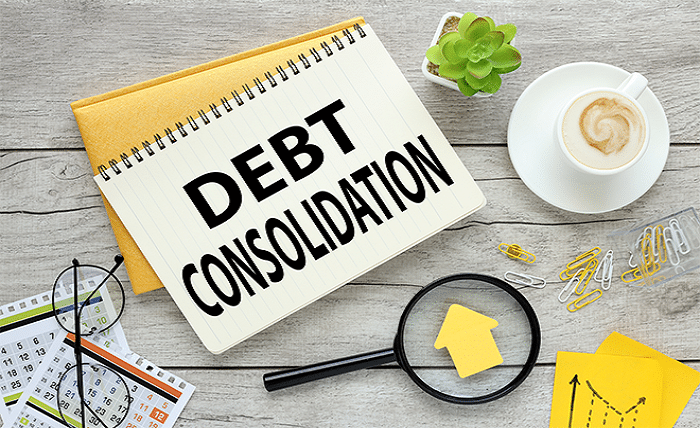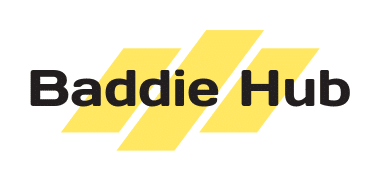Struggling with Debt? A Secured Debt Consolidation Loan Could Be the Solution

Are you struggling to keep up with multiple monthly debt payments? Does it feel like the balances aren’t going down, no matter how much you pay? If you’re overwhelmed by managing various loans and credit card bills, a collateral-based debt consolidation loan might be the solution. But how does it work, and is it the right choice for your financial situation?
What is a Secured Debt Consolidation Loan?
A secured debt consolidation loan involves borrowing money against an asset you own, like your home or car, to pay off existing debts. This type of credit allows you to combine multiple debts into a single payment, usually at a lower interest rate. This can significantly simplify and reduce the stress associated with managing your finances.
How Does It Work?
- One Single Payment: You’ll make one monthly payment instead of juggling multiple creditors.
- Lower Interest Rates: Since the credit is secured against an asset, interest rates are typically lower than those of unsecured loans.
- Simplified Management: Tracking just one payment reduces the chances of missed payments, which can further damage your credit.
The Benefits of Debt Consolidation
Consolidating your debt can offer significant benefits, especially if you struggle to manage multiple payments. While this is a substantial financial decision, it’s worth considering if you want a simpler, more manageable repayment process.
Key Benefits Include:
- Reduced Interest Rates: A secured loan often comes with a lower interest rate, which means you’ll pay less over time.
- Easier Budgeting: With only one payment to manage, it’s easier to budget and stay on track.
- Improved Credit Score: Successfully managing the consolidated loan and paying on time can positively impact your credit score.
Is Consolidation Right for You?
While debt consolidation offers many advantages, it’s not for everyone. Before you decide, it’s essential to evaluate your financial situation. Consider factors like your current interest rates, monthly payments, and the debt you owe. This might be ideal if you have assets to secure the credit, such as a home.
Things to Consider:
- Current Debt Amount: Is the total debt you owe manageable with your current income?
- Interest Rates: Are the interest rates on your current loans higher than the potential secured loan?
- Asset Risks: Remember, with a secured loan, your home or car is at risk if you fail to make payments.
Choose the Right Debt Consolidation Loan
Not all consolidation loans are created equal, so it’s essential to consider factors like interest rates, repayment terms, and any fees associated with the loan. Look for the lowest interest rate to save money over the loan term, but also consider the repayment period—a longer term might reduce monthly payments but increase overall costs. Additionally, watch for hidden fees, such as origination or processing fees, which can add to the total cost. Choosing a loan that aligns with your long-term financial goals is wiser than focusing solely on immediate needs.
The Risks of Consolidation
- Asset Loss: If you fail to make payments on a secured loan, you could lose the asset securing it, such as your home.
- Longer Repayment Terms: While a lower monthly payment may seem appealing, longer repayment terms often result in paying more interest over time.
- Continued Spending Habits: Consolidating your debt doesn’t address the root cause of overspending. Without changing spending habits, you could find yourself in debt again.
A secured debt consolidation loan can be an excellent option for simplifying payments and reducing interest rates, especially for those with assets to secure the loan. However, it’s important to weigh the benefits against the risks and choose a loan that fits your financial circumstances. Ultimately, the right decision will give you a clearer path to debt-free while protecting your most valuable assets. Isn’t it time to take that step toward financial freedom?




